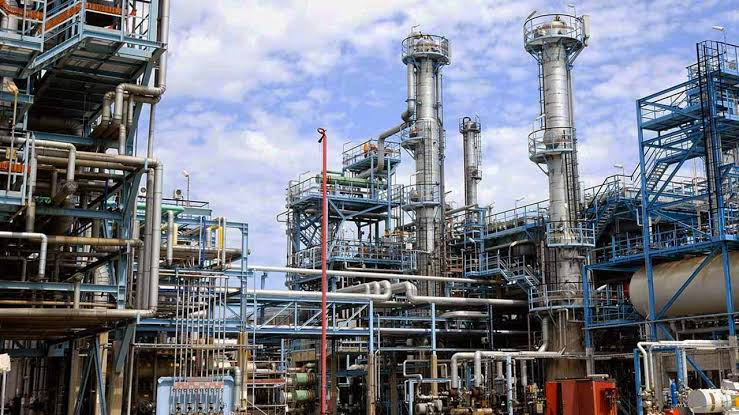The Senate’s recent move to reclaim the alleged N11.3 trillion spent on Turn Around Maintenance (TAM) for the nation’s defunct refineries has drawn skepticism from civil society organizations, oil and gas experts, and legal practitioners. They described the endeavor as potentially fruitless and reminiscent of past efforts.
Stakeholders expressed their distrust of the Senate, noting that past legislative bodies, since Nigeria’s return to democracy, embarked on similar probes, often leading to no substantial results. They hinted at potential collusion between lawmakers and the national oil company, accusing them of misappropriating national resources.
Last week, the Senate disclosed a spending of N11.35 trillion on TAM and a N1.6 trillion loss on assets managed by the Nigerian National Petroleum Company Limited. These assets have been non-operational, yet Nigeria still spends billions importing white products, further straining an already weakened economy.
In light of the Senate’s announcement, stakeholders drew attention to more pressing petroleum industry challenges threatening economic stability. These include Nigeria’s struggle to maintain crude oil production, stalled gas projects, lagging production from Nigeria LNG Limited, and an increase in crude oil theft and spills in the Niger Delta region.
According to a report by The Guardian, the Human and Environmental Development Agenda (HEDA Resource Centre) suggested the parliamentary investigation might be a ruse for extortion. HEDA’s Chairman, Olarewaju Suraju, remarked that lawmakers frequently avoid holding culprits accountable post-hearings. He referenced previous investigations, such as the federal character observance in public employment, as examples.
Suraju did, however, see a silver lining. Despite the likely compromised hearings, he believed the media and civil society could use revelations from these proceedings for investigative journalism and petitions.
In a flashback to 2020, Senator Yusuf Yusuf spearheaded a motion prompting the Nigerian Senate to probe the NNPC’s $396m spending on TAM between 2013 and 2015. However, the investigation’s results never saw the light of day.
Sources informed The Guardian that many National Assembly probes in the oil sector serve as financial opportunities for lawmakers. Some even receive perks, such as sponsored overseas trips from the very oil companies under investigation.
Renowned energy economist, Ademola Adigun, and legal expert, Emeka Okwuosa, echoed sentiments that these investigations are a waste of time and resources. They advocated for refinery privatization and improved proactive oversight.
Prof. Sunny Eromosele, founder of Mudiame University, expressed skepticism about the Senate’s investigations. He believes many lawmakers collaborate with those they’re investigating.
Faith Nwadishi, Director of the Centre for Transparency, highlighted the necessity of involving independent auditors. Despite past disappointments, she remains hopeful for new findings if the Senate displays true commitment.
Nigeria’s refineries, located in Kaduna, Port Harcourt, and Warri, have significantly underperformed over the years. Despite this, reports indicate that the NNPC maintained operational deficits, further straining the economy.
Senator Isah Jibrin Echocho leads the current investigation committee.
Amid the challenges faced by local oil refiners, the Federal Government has warned of fines and penalties for oil companies defaulting on crude oil supply obligations. This measure seeks to ensure domestic refineries maintain a consistent crude oil supply. However, current reports reveal many refineries, including the Dangote Refinery, are importing crude.
Olaide Shonola, Head of Public Affairs and Corporate Communications, emphasized the importance of ensuring consistent feedstock for refinery operators. She warned against potential repercussions for those who breached obligations.
She announced a scheduled meeting with 52 exploration and production companies on November 1, 2023, to discuss alignment on the implementation of domestic crude oil supply obligations.



